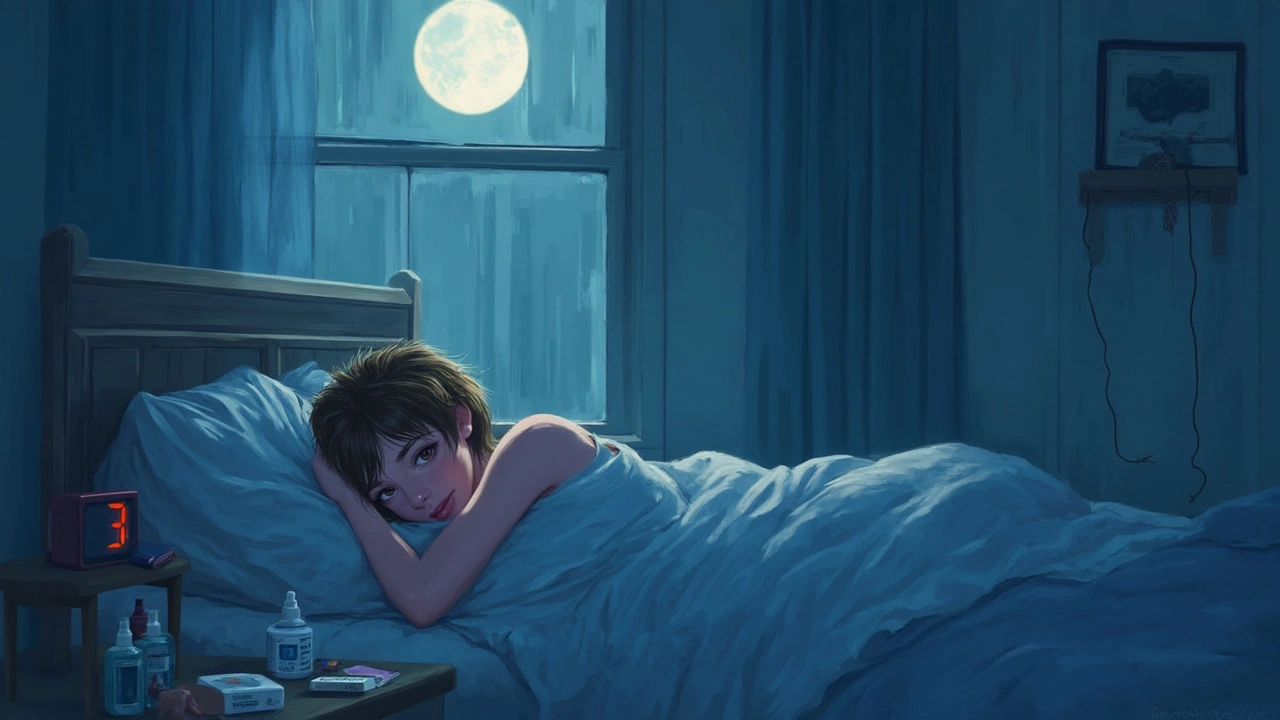Dealing with an itch that just won’t quit? Chronic itch, also called pruritus, is more than just a minor annoyance. It can last for weeks, months, or even longer, and it might be a sign of an underlying issue. Unlike a quick scratch that fixes a bug bite, chronic itch demands more attention and often more than a simple cream.
So, what's usually behind it? Chronic itch can come from dry skin, eczema, psoriasis, allergies, or even more complex causes like kidney or liver problems. Sometimes medications or nerve issues mess with the way your skin feels, leaving you with constant itching. Knowing the root cause is the key step before choosing how to tackle it.
Before you get worried, there are practical steps you can try on your own. Keeping your skin moisturized is a game-changer; dry skin is a common itch trigger. Use fragrance-free creams or ointments because scents and chemicals can sometimes make things worse. Avoid hot showers—they strip oils and dry your skin more. A quick, lukewarm bath might help soothe the itch.
Wearing soft, breathable fabrics like cotton reduces irritation, and keeping your nails trimmed helps avoid skin damage from scratching. If allergens or irritants are the cause, identifying and avoiding them will lower the itch.
If the itch sticks around despite your best efforts, or if you notice skin changes like rashes, thickening, or infection signs, it’s time to get a professional opinion. A healthcare provider can run tests, review your medications, and might recommend treatments like antihistamines, topical steroids, or other therapies depending on the cause.
Remember, chronic itch affects your quality of life—it can disrupt sleep and concentration—so it’s okay to seek help. You’re not just imagining it, and plenty of options exist to relieve that stubborn itch for good.

Chronic itch is not just a skin problem; it has profound effects on mental health, impacting mood, sleep, and daily functioning. This persistent discomfort often causes stress, leading to anxiety and depression if not addressed. Understanding this connection is vital for anyone dealing with relentless itchiness. Learn how to manage the itch and alleviate its mental health impacts with simple yet effective strategies.
read more